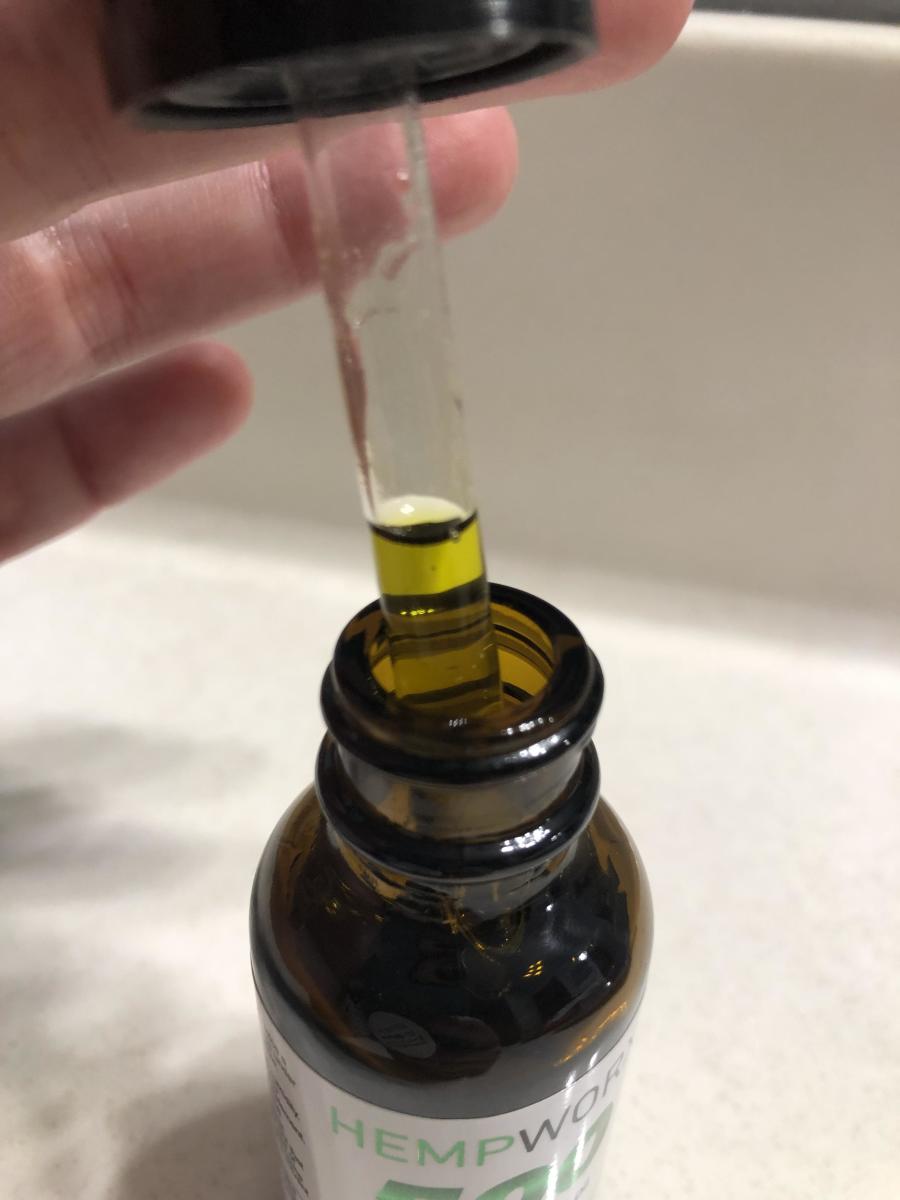Omega 3 And Omega 6 Essential Fatty Acids
Fatty fishes like sardines, salmon and mackerel contain omega 3 EFAs

Omega 3 and Omega 6 Essential Fatty Acids
Omega-3 fatty acids are called essential fatty acids because they are needed for human health but the body cannot make them itself. That is why we need to get them from the foods that we eat. These fats can be found in fatty fish and certain types of plant oils.
Fish - oils capsules can also be taken to supplement one's intake of EFAs. Take them at night before bed time to eliminate fishy taste due to belching which may occur in some persons. Store these capsules in opaque bottles as they may turn rancid otherwise.
It is important to maintain a good balance of omega-3s and omega-6s ( another essential fatty acid found in many seeds, nuts, and vegetable oils ) in the diet as these two substances work together to promote health. Omega-3 fatty acids help reduce inflammation and most omega-6 fatty acids tend to promote inflammation. So an imbalance of these essential fatty acids contributes to the development of disease. A healthy diet should only contain approximately one to four times more omega-6s and omega-3s. Most of us need to pay special attention to good food sources of omega-3s.
Different types
There are three main types of omega-3 fatty acids : alpha-linolenic acid ( ALA ), eicosapentaenoic acid ( EPA ), and docosahexaenoic acid ( DHA ). The body has enzymes that can convert ALA to EPA and DHA, the two main types of omega-3 fatty acids more readily used by the body. You get the EPA and DHA directly and more efficiently by eating oily fish.
EPA and DHA are found primarily in oily cold-water fish such as salmon, tuna, mackerel, herring, and sardines. ALA is found primarily in flaxseed and flaxseed oils, walnuts, and smaller amounts in dark green leafy vegetables.
Health benefits
Scientists made the connection between omega-3s and health while studying the people of Greenland. As a group they suffered far less from certain diseases, including heart disease, rheumatoid arthritis, and psoriasis than other populations. Yet their diet was high in fat from eating whale, seal, and salmon. Researchers determined that these foods were rich in omega-3 fatty acids, providing real disease-fighting benefits.
Heart disease
Evidence suggests that EPA and DHA found in fish oil help reduce risk factors for heart disease, including high blood pressure and high cholesterol. These fatty acids can inhibit the development of plaque and blood clots, lower triglycerides, reduce cardiac arrhythmia, and offer protection from sudden cardiac death. Studies of heart attack survivors have found that omega-3 supplements can reduce the risk of death, subsequent heart attacks and stroke.
Diabetes
People with diabetes often have high blood triglyceride and low HDL levels. Omega-3 fatty acids from fish oil ( EPA and DHA ) can help lower triglycerides and raise HDL. ALA may not be as effective for diabetics as they may lack the ability to efficiently convert ALA to the more usable EPA or DHA.
Arthritis
Several studies have concluded that omega-3 supplements can reduce tenderness in joints, decrease morning stiffness, and allow a reduction in the amount of medication needed to relieve the pain experienced by people with rheumatoid arthritis.
Enrich your dietary intake of EFAs ..... eat oily fishes bi - weekly

Depression
People who are deficient in omega-3s in their diet may be at increased risk for depression. These fatty acids are important components of nerve cell membranes. They help nerve cells communicate with each other, which is important in maintaining good mental health.
Breast Cancer
The balance between omega-3 and omega-6 fatty acids appear to be an important factor in the development and growth of breast cancer. More research is needed, however, before we can understand this relationship. Some researchers have speculated that omega-3s in combination with other nutrients such as vitamin C, vitamin E, and selenium may prove to have value in the prevention and treatment of breast cancer.
© 2009 Dr Kulsum Mehmood








